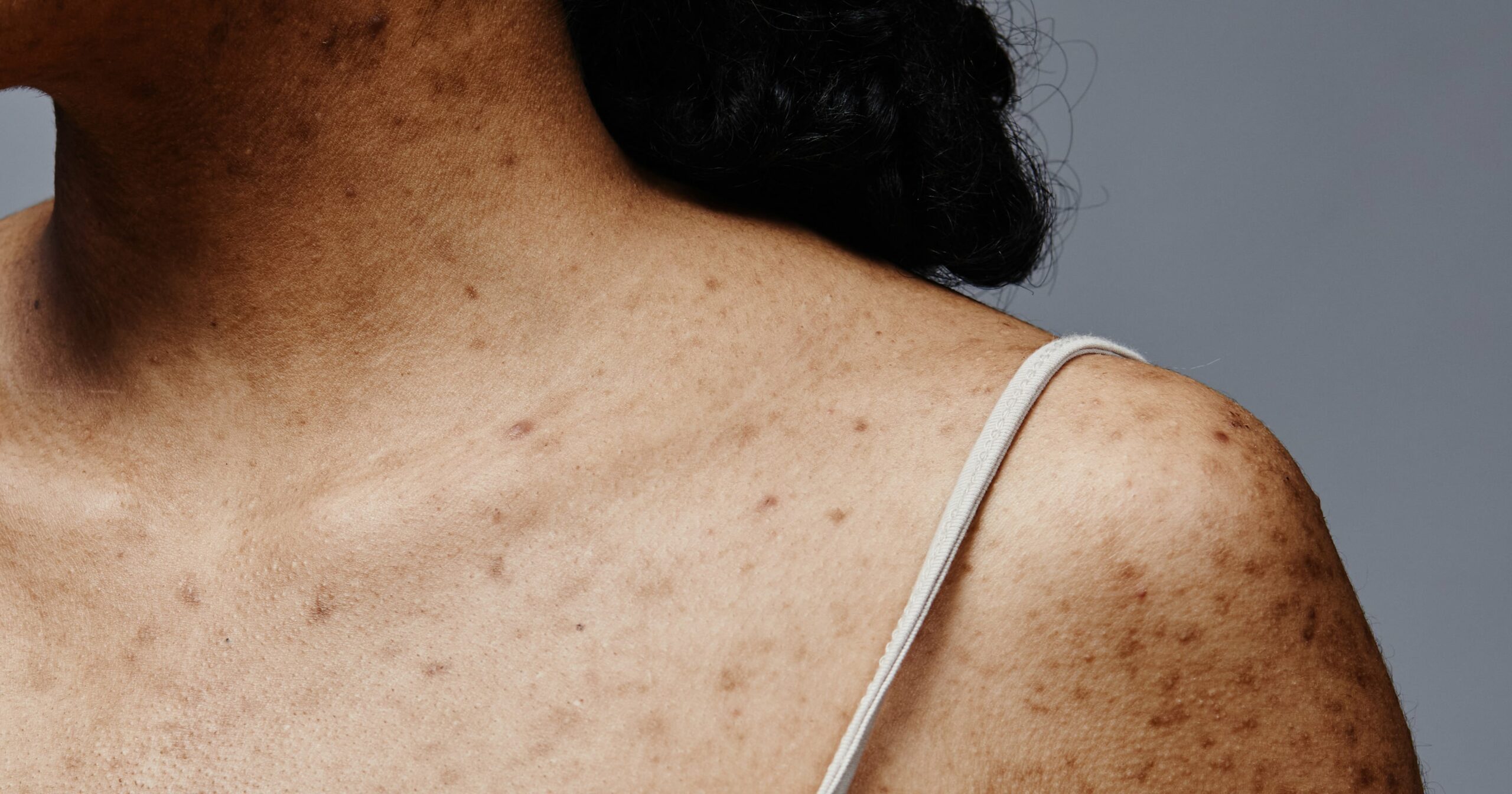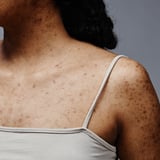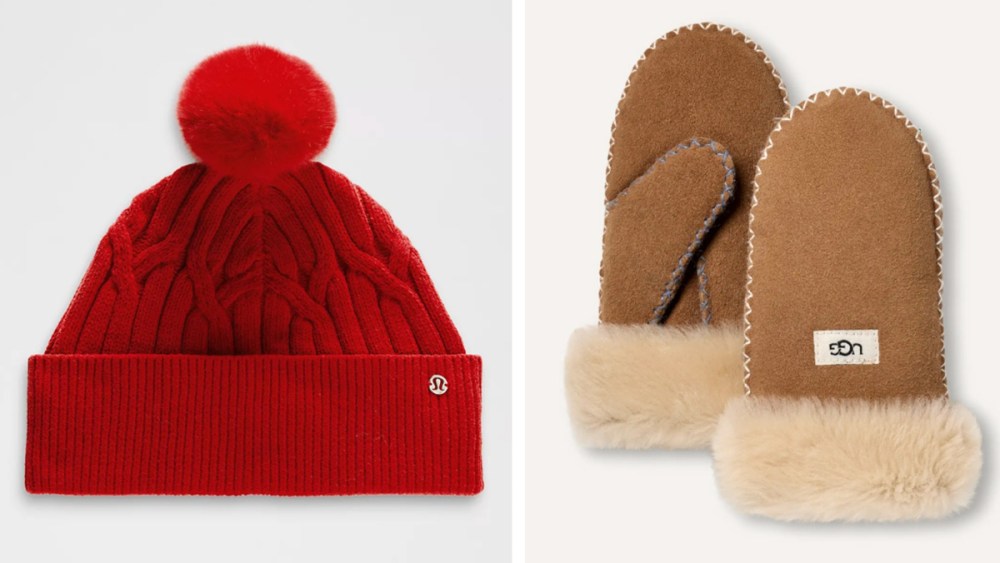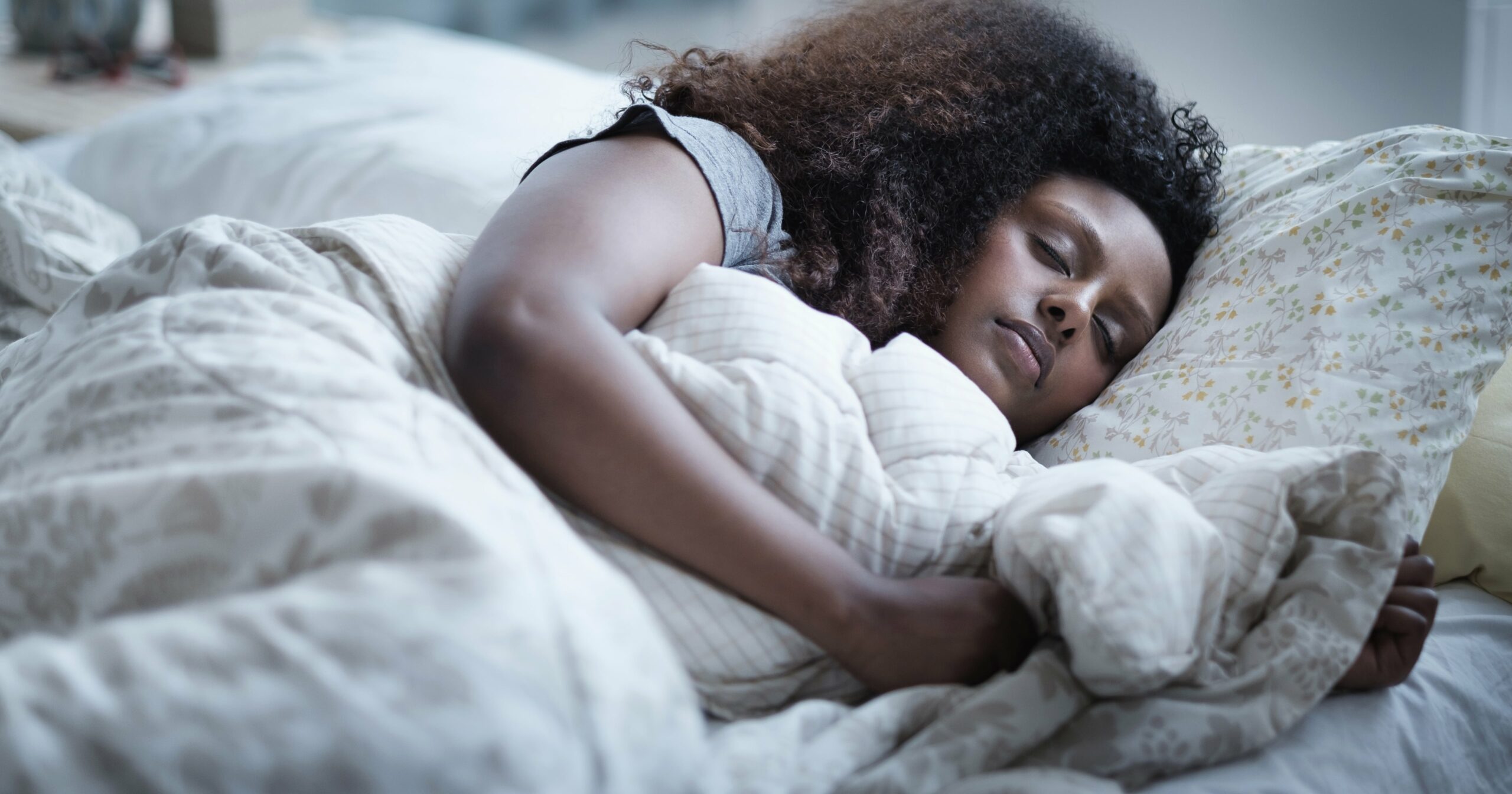If you experience acne, whether frequently or just every once in a while, you know that there’s a possibility for it to appear literally anywhere on your body, not just your face. Whiteheads, blackheads, and pimples can pop up on your chest, back, shoulders, and even your butt.
If you need a little refresher on what exactly acne is, it’s a widespread skin concern that many people experience at some point in their lives. It’s a condition that comes in many forms and levels of severity. Some have very mild symptoms, while others deal with inflammation and painful cysts. Your diet, skin-care habits, environment, and genetics can all be the source of acne, but have you ever wondered why it’s appearing on your body rather than your face?
Since finding a pimple in the middle of your back or on your butt can be uncomfortable and perplexing at best, we spoke with dermatologists to learn about the most common body acne causes and how to prevent it from appearing.
Experts Featured in This Article
Jacquiline Habashy-Hakim, MD, is a double board-certified dermatologist and surgeon.
Kseniya Kobets, MD, MHS, FAAD, is a board-certified dermatologist.
What Is Body Acne?
“Acne is a multifactorial inflammatory condition that can be triggered by excess oil production, sweat, hormones, environment, stress, and more,” double board-certified dermatologist Jacquiline Habashy-Hakim tells PS. “Body acne is specific to the location in which the acne is located.”
Parts of your body like your chest and back “have a high density of sweat glands that create a favorable environment for bacteria and yeast to overgrow, potentially contributing to acne and body folliculitis,” Kseniya Kobets, a board-certified dermatologist, says. “Body acne can look like small red or pink bumps with some white pustules or can also be deeper, more painful, bigger red bumps.”
Why Do You Get Chest Acne?
Chest acne occurs because the area has a high density of sweat glands. Excessive sweating (especially if you don’t shower immediately after), friction from clothing, and using skin-care products that clog pores can easily lead to breakouts, our experts explain.
Using laundry detergents with dyes or perfumes may also lead to chest acne, as well as sun exposure, dry skin, oily moisturizers, makeup, and perfumes, per Medical News Today.
Why Do You Get Back Acne and Shoulder Acne?
Your back and your shoulders are areas where you’ve probably noticed a pimple or two – or sometimes more. Similarly to your chest, “the back has more sebaceous glands and pores and sweats more,” Dr. Kobets says.
Since acne is often caused by excess sweat, dirt, and improper washing, this would explain why you could get back acne and shoulder acne. “Friction from tight clothing and backpacks can accelerate occlusion in these areas, leading to more breakouts,” Dr. Hakim says.
Why Do You Get Butt Acne?
Finding butt acne is never a pleasant experience. However, it is caused by similar factors, such as excess sweating and long-term sitting. It can also become irritated by your clothing. “Yet, ‘butt acne’ is often clinically diagnosed as folliculitis, which is the inflammation around the hair follicle primarily due to superficial bacteria,” Dr. Hakim says.
How to Get Rid of Body Acne
If you work out a lot, sweat frequently, or have oily skin, Dr. Kobets says it would be useful to use body washes that can reduce excess oil, exfoliate dead skin, and curb the over-growing acne-causing organisms of the skin. Luckily, there are quite a few popular body acne treatments on the market.
“Look for body washes containing salicylic acid,” she says. “Salicylic acid is a beta hydroxy acid (BHA), which is lipophilic (oil-loving) and can penetrate deeply into oil-filled pores or pimples.”
You can also look for ingredients with benzoyl peroxide that can clean out the skin pores. Since benzoyl peroxide works both as an antibiotic and anti-inflammatory treatment, Dr. Hakim says that a body wash like PanOxyl’s 10 Percent BPO Wash ($8) is always her go-to recommendation.
“It’s also prudent to take a shower right after working out and sweating and not waiting for hours,” Dr. Kobets says. “Topical retinoids, such as adapalene, are great to exfoliate the skin and decrease all production and decrease acne.”
Avoiding hair products like hair gels, hair oils, or hair conditioners that make contact with your back, chest, and shoulders while showering can also be helpful in preventing clogging up pores. “I also use hypochlorous acid spray, like SkinSmart Spray ($17), on the chest, back, and shoulders after showering,” Dr. Kobets says. Body acne sprays make it easy to target hard-to-reach places like your back and butt.
How to Prevent Body Acne
Body acne isn’t ideal. Luckily, there are ways you can prevent acne from occurring on your body, such as avoiding shampoos that contain silicone or dimethicone. “These ingredients in hair shampoos and conditioners can remain on the body after washing your hair and result in body breakouts,” Dr. Kobets says. She also says to “avoid using oils on the chest, back, and shoulders. For example, if you get a massage, you might want to wash off and take a shower afterward.”
Dr. Habashy-Hakim’s best tip for her patients is to shower immediately after exercise or excessive sweating. “If showering is not accessible or desired, change into dry cotton clothing until you reach a location where showering is an option.” Afterward, using a medicated body wash may help prevent body acne. “Let the soap sit on the skin for three to five minutes to maximize its ability to treat the skin.”
And if it feels like you still can’t curb your body acne, consult with a dermatologist for a tailored care plan.
Sydney Wingfield has been a freelance writer in the beauty and wellness space for six years. She has written for Women’s Health, Marie Claire, Glamour, and other publications and loves to cover all things skin care, makeup, and hair.




